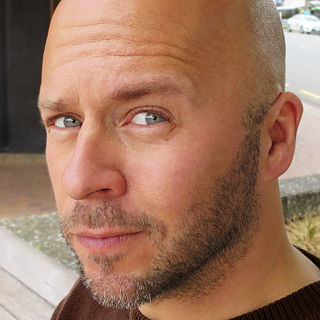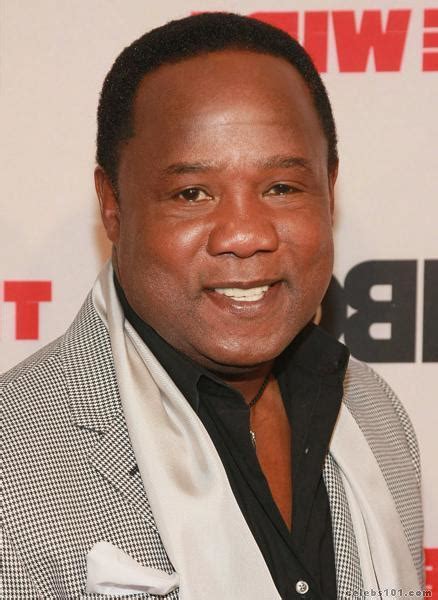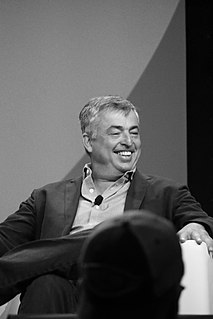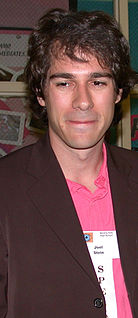A Quote by Brit Morin
I moved to San Francisco to work at Apple's Cupertino office in the summer of 2006, then stayed on remotely in a part-time job back in Austin. It was an internship with iTunes. I helped them launch new features as well as new marketing programs. I also helped program the iTunes Store every week, working on which artists and albums got featured.
Related Quotes
I would stay two years in San Francisco, then move to New York in the summer of 1991, for the love of a man who lived there. When I arrived in New York, I had a job waiting for me, courtesy of a bookstore I'd worked at in San Francisco, A Different Light. They had a New York store as well, and arranged an employee transfer.
Steve Jobs gave a small private presentation about the iTunes Music Store to some independent record label people. My favorite line of the day was when people kept raising their hand saying, "Does it do [x]?", "Do you plan to add [y]?". Finally Jobs said, "Wait wait - put your hands down. Listen: I know you have a thousand ideas for all the cool features iTunes could have. So do we. But we don't want a thousand features. That would be ugly. Innovation is not about saying yes to everything. It's about saying NO to all but the most crucial features.
In many ways, Apple CEO Tim Cook has been saying that and more for many years. He's said you don't have to choose between doing good and doing well. But only a few dozen people were lined up outside the Apple Store in San Francisco. That's nothing compared to the hundreds and thousands that line up for new products. Cook is taking a gamble here.
Being in New York and having worked at Time Out New York and then being at Time, living in New York for a long time has helped because I know everybody. And they're the people who call me and give me jobs. So that kind of real networking, which is just living in a place and having jobs where people around you are extremely successful, has helped me tremendously.
I arrived in San Francisco in January 1951. After the Second World War, the population was so uprooted. Soldiers came back home for brief periods and took off again. So the population was very fluid, and suddenly it was as if the continent tilted west. The whole population slid west. It took 10 years for America to coalesce into a new culture. And the new culture happened in San Francisco, not New York.



































